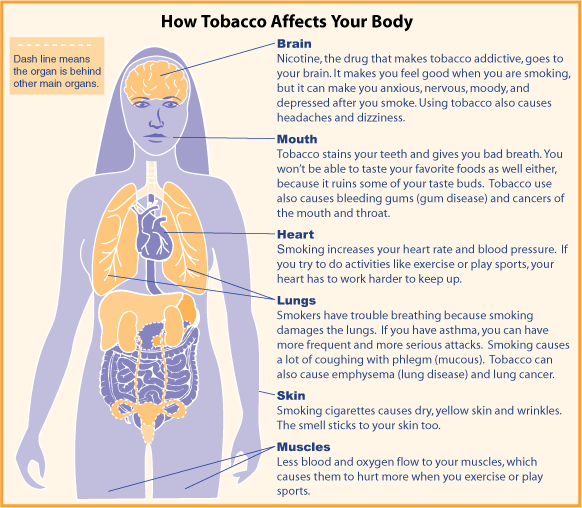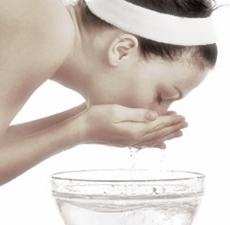
Dry skin usually results from a lack of hydration and moisturising, often leading to other skin conditions if care is neglected. There are often underlying causes of dry skin conditions.
While some people suffer from skin blemishes, breakouts and acne, others do not, but are affected by dry itchy patches that causes discomfort and unhealthy skin appearance. Understanding what dry skin is, the causes and how to manage the condition are vital to helping us treat our skin and provide care to prevent other skin conditions developing.
What are the Symptoms of Dry Skin?
The skin may appear dry, flaky and scaly. If dry skin is left untreated deeper cracks will appear and can lead to bleeding and skin infection. A dry face is also likely to feel uncomfortable and itchy.
What Areas of Skin are Prone to Dryness?
Certain skin parts may be dryer than others. While some people experience skin dryness on their faces, particularly around the mouth area, others are affected by dried skin on the arms, legs, thighs and the sides of the abdomen.
 The lower legs and ankles may be prone to excessive dryness, and the limbs will often itch or feel sore as the skin feels ultra-sensitive. Babies may suffer with dry itchy patches as they grow, particularly areas of skin that come in contact with nappies.
The lower legs and ankles may be prone to excessive dryness, and the limbs will often itch or feel sore as the skin feels ultra-sensitive. Babies may suffer with dry itchy patches as they grow, particularly areas of skin that come in contact with nappies.
What Causes Dry Skin?
Very dry skin is usually caused by a lack of hydration. We keep our bodies, including the skin, hydrated by drinking fluids, particularly water, and consuming a healthy diet. It is recommended that we drink about eight cups of water a day for sufficient hydration.
Lifestyle habits such as smoking, excessive alcohol consumption and skin hygiene can contribute to dry patches on the face. On the other hand, making sure you get enough sleep and not sleeping with make-up on can reduce the likelihood of developing skin dryness.

By Office on Women’s Health [Public domain], via Wikimedia Commons
Skin types vary from dry, sensitive, oily and normal to combination skins that may mean some people experience skin dryness more than others. Choosing the right skin care products is important, and certain soaps or chemicals increase skin dryness conditions, as may excessive skin cleaning.
How is Dry Skin Treated?
Dryness of the skin is best treated by keeping the skin moist by means of sufficient hydration or water intake and moisturisation. Ointments and creams used twice daily are often recommended by skin care professionals, as are skin cleaning techniques.
Dry Face Remedies
- Gently wash the skin with cool, not hot, water
- Softly pat the skin to dry but leave some moisture
- Apply moisturiser or a prescribed emollient to the moist skin
- Repeat application of moisturiser throughout the day as needed or use emollients as prescribed
- Avoid smoking
- Seek immediate treatment if skin becomes inflamed or infected

To Avoid Dry Itchy Patches Elsewhere
As above, plus the following:
- Avoid letting scented and chemical detergents, soaps or allergens come into contact with your skin
- Wear clothes with softer fabrics that do not chafe the skin
Some people with very dry skin apply petroleum jelly to dry skin areas. The NHS recommends that babies with dry skin are seen by a healthcare professional, who may then recommend treatment with oil-based products such as: Hydromol Diprobase, Epaderm, 50/50 paraffin mix or emulsifying ointment.
How To Treat Dry Skin With Emollients
Emollients should be carefully selected and prescribed. A lack of treatment for skin dryness or improper use of emollients may lead to other skin disorders such as psoriasis and eczema. Receiving the right medical care for dry skin conditions improves quality of life.
How To Prevent Dry Skin
The condition can be prevented by seeking healthcare treatment, skin cleanliness, drinking enough water, moisturising the skin, wearing the right clothes to protect the skin from the elements, avoiding chemicals and smoking, and making healthy lifestyle choices.